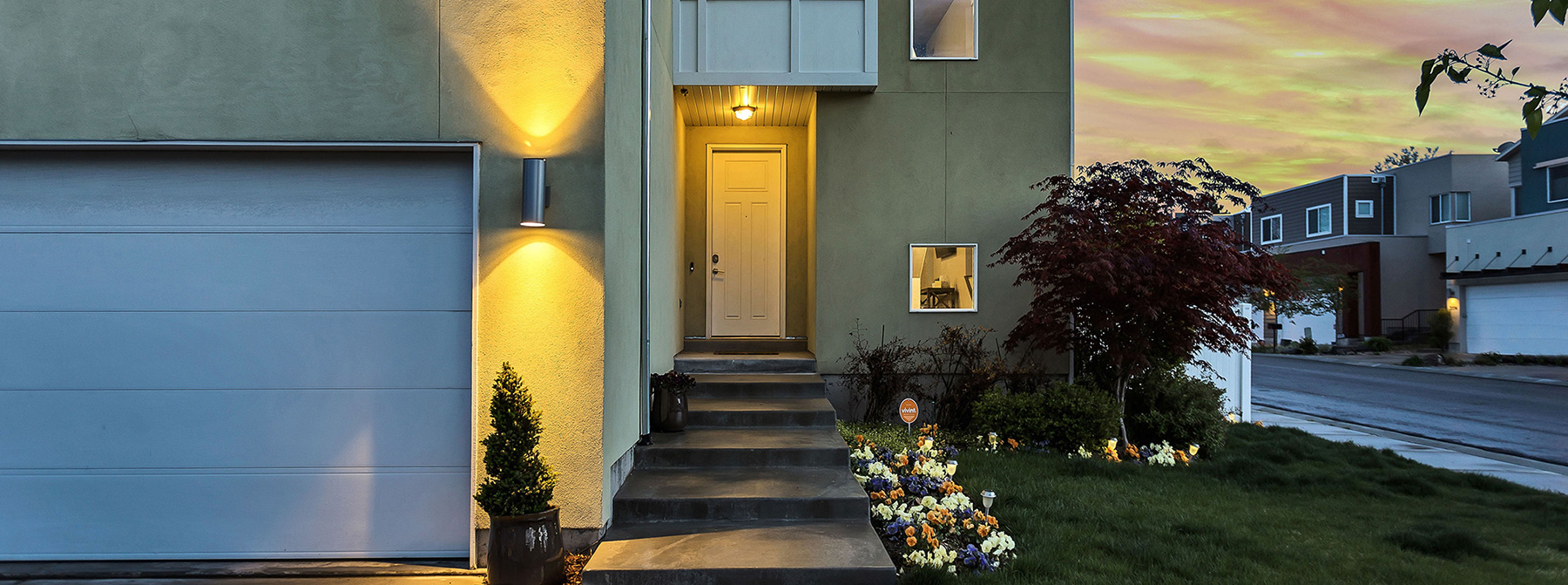Borrower Requirements and Responsibilities
Age: All borrowers must be at least 62 years of age. It may be possible to obtain a reverse mortgage when a non-borrowing spouse is under 62, but the borrowing spouse must be of eligible age. Though a homeowner must be 62 to obtain the reverse mortgage, an application may be initiated at 61. There may be options in certain states for homeowners 60-62 as well. Please ask your Loan Officer for more information.
Occupancy: The property must be the primary residence of the borrower. Vacation homes are not eligible and an investment property may only be eligible if one of the units (4-unit maximum) is occupied by the borrower.
Property Charges: A reverse mortgage borrower is required to pay and remain current on property taxes, homeowners insurance and other mandatory obligations including HOA fees.
Property Condition: Borrowers are responsible for completing mandatory repairs and maintaining the condition of the property.
Financial Requirements: Many folks think a reverse mortgage should only be used when all other accounts and options are exhausted. This could not be further from the truth. While it is a great loan product which may help a senior who may be facing foreclosure or other hard times, talk to your financial planner about how using a reverse mortgage loan at an earlier age may work with your overall retirement needs, along with helping you age in place. A reverse mortgage facilitates home ownership by allowing borrowers to borrow against the accumulated equity in their home while deferring any required payments until they sell the home or vacate the property. Some income and credit qualifications apply to ensure you have the ability to pay taxes and insurance, and to maintain the home; some property qualifications also apply.
Features of Reverse Mortgages
Home Ownership: You remain the owner of your property. There is no change to the deed or title of your home when completing a reverse mortgage. The actual reverse mortgage available funds are based on current interest rates, current charges associated with loan, borrower date of birth (or non-borrowing spouse, if applicable), the property sales price and standard closing cost.
Just like a traditional loan, the borrower must comply with all of the loan terms and continue to pay property taxes, homeowners insurance, and maintain the home to avoid foreclosure.
Types of Reverse Mortgages
Home Equity Conversion Mortgage
Most, but not all, reverse mortgages today are federally insured through the Federal Housing Administrations Home Equity Conversion Mortgage (HECM) Program.
A HECM is not a government loan. It is a loan issued by a mortgage lender, but insured by the Federal Housing Administration, which is part of HUD.
FHA collects a Mortgage Insurance Premium (MIP) at closing equal to 2% of the homes appraised value or the FHA lending limit of $1,089,300, whichever number is less. This up front premium is typically financed through the loan rather than paid out-of-pocket. FHA also collects an annual insurance premium of 0.5% percent (half a percent) of the outstanding loan balance. This insurance protects the borrower if the servicer is not able to make a payment from any remaining loan proceeds. The insurance also protects the lender if the value of the home upon selling is not enough to cover the loan balance. In the latter case, the government insurance fund pays off the remaining balance.
Proprietary Reverse Mortgage
Proprietary reverse mortgages are privately insured by the financial institutions that offer them. They are not subject to all of the same requirements as HECMs, but typically offer the same protections found in the HECM program. Proprietary reverse mortgages have gained in popularity in recent years due in large part to the additional features they may offer such as the ability to access more cash proceeds for homeowners with home values above the $1,089,300 FHA maximum loan limit. The products also offer expanded opportunities for condo owners in non-FHA approved communities and even for younger homeowners aged 60 and 61 in select states.
Interested to know the amount of money you could receive with a reverse mortgage?
Click on the button to open the form that will help us customize a quote for you.

